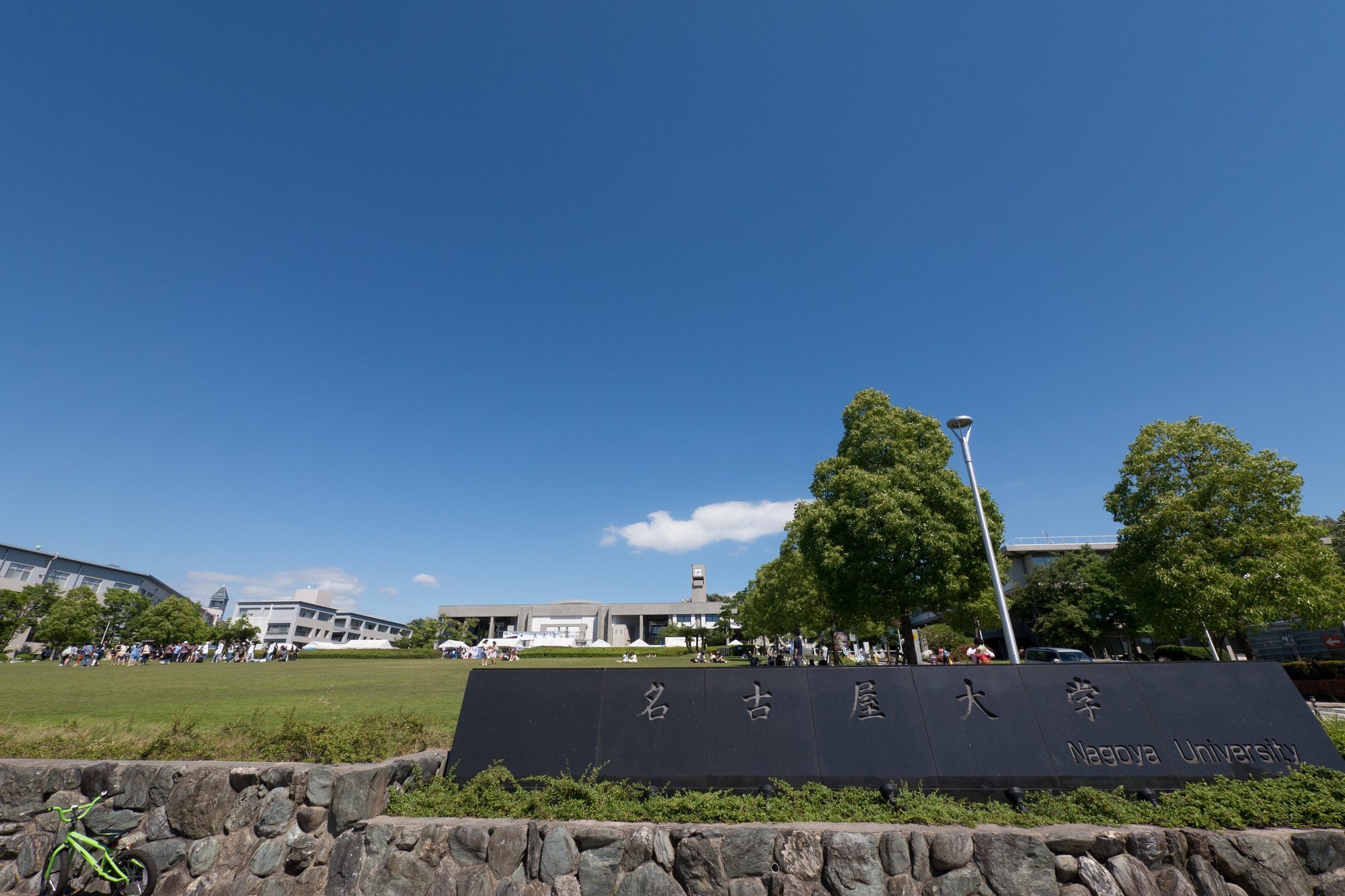The research team of Professor Ikue Mori and Professor Kozo Kaibuchi of Nagoya University discovered a new memory mechanism from experiments using nematodes.Memory formation was previously thought to be done by networks between nerve cells, but it has been found that even a single cell is possible.
To confirm that AFD alone forms memory, the research team cultured it under conditions isolated from other nerve cells and examined whether temperature memory was formed.As a result, we succeeded in confirming the temperature memory in which the activity becomes active at the temperature of the culture.Next, in order to confirm what is responsible for the memory in the cell, we performed an analysis using cells mutated in various genes.And I was able to observe how abnormal memory occurs in cells with a broken gene called cmk-1.Furthermore, we were able to clarify the function of the enzyme produced by this gene.Memory was formed by the series of actions of this enzyme and the protein on which the enzyme acts.
Until now, it has been thought that a network of nerve cells accumulates memory, but this is the first time that some nerve cells have been shown to be able to remember by themselves.This is a result that greatly contributes to the complete elucidation of the memory mechanism of animals.

